Introduction
Electronic waste also known as E-waste is growing by leaps and bounds. It is an umbrella term for referring to end-of-life electronic goods like discarded computer systems and mobile phones etc. In 2020, global e-waste volume is expected to exceed fifty million tonnes. India is one of the largest E-waste producers with annual production of two million tonnes.
Table of Contents
E-waste is a reserve of valuable and rare metals. In order to curtail the growing problem of E-waste and reduce its associated peril, many countries are stepping forward by introducing laws and regulations to manage E-waste properly and wisely.
Read Our Blog: E-Waste Recycling Plant Setup in India
Effects of E-waste
E-waste casts ill and hazardous effects in many ways:
- Seepage of hazardous contents through soil from landfills
- Contamination of rivers and other water sources
- Effect on air due to release of harmful emissions by burning of E-waste.
E-Waste: Global Scenario
In February 2003, EU law was enacted prohibiting the use of hazardous chemicals in electrical and mechanical devices and facilitating the collection and recycling of those appliances.
Implementation of EPR to Regulate E-waste
EPR stands for Extended Producer Responsibility and is a globally recognized principle that regulates E-waste management. Under EPR the responsibility for management of end-of-life electronic items falls on the shoulders of the producer or manufacturer. On a conceptual basis, its framework is to make the producer internalize the external costs related to the disposal of E-waste.
The E-waste (Management and Handling) Rules of 2011, India's first e-waste laws, used the EPR strategy and allowed electronic device manufacturers to set up collection centres and advise customers about how to submit used electronic goods to the collection centres.
E-Waste: Issues in India
There are various issues pertaining to E-waste and its regulation which are as follows:
- There is a shortage of knowledge on e-waste generation patterns.
- Methods and informal sector approaches are unsustainable in terms of the environment.
- Market turbulence for end-of-life goods
- Regulations that aren't well-designed or enforced
- Lack of recycling facilities
- Lack of awareness
E-Waste Management: Technology and Skill Development
There have been attempts by many recyclers to make India familiar with the latest technology related to E-waste recycling but the final outcome is still not up to the mark due to the machinery's high running cost. Moreover, significant damage to the environment is seen by the use of such plants. The right technology can trigger efficient, economical, and sustainable ways to manage discarded electrical goodies.
Considering the fact that ninety per cent of E-waste in India is handled by the informal sector using primitive methods, there is an urgent need that the skill set of people involved in such sector be enhanced and modified as per the requirement of safe health and environment-related practices.
To add on there must be coordination between the formal and informal sectors for facilitating the smooth processing of work ethics.
Read Our Blog: E-Waste Management Authorization, License
E-Waste Business Response
Enforcement will no longer guide business responses to e-waste control, which are limited to only producers' responses. The following are three main emerging patterns that are expected to affect business response. A business attitude motivated by enforcement or fear of regulations is more likely to pursue choices such as avoiding regulations and refusing to take full liability as required by laws. The enhanced importance of sustainability, both internationally and in India, would be one of the most significant trends that will affect the business response to e-waste in India. Environmental pollution, change in climatic conditions, and resource shortages have risen to the top of political and civic agendas in recent years. The sustainability strategy in businesses today is being driven by a changing market climate, emerging domestic and global policies and legislation, and enhanced demand from stakeholders.
Latest Announcement by Government
As announced by the Chemicals and Fertilizers Ministry, an E-waste recycling unit is to be established in Bengaluru in full swing. It would be India’s first such recycling unit in the government sector. This project is in alignment with the Swachh Bharat Abhiyan drive.
Considering the fact that E-waste generation in India is estimated to be in tonnes, therefore the need for recycling units deems a necessity and this idea to set up a recycling unit in Bengaluru is worth an applause.
Conclusion
E-waste disposal is being a critical issue in recent times and hence needs due attention in terms of sustainability. It is worthy of praise as India is progressing towards proper management of E-waste, and the recycling unit that is soon to be established in Bengaluru is a stepping stone that will unfold greater avenues and would create job opportunities.
This portion of the site is for informational purposes only. The content is not legal advice. The statements and opinions are the expression of author, not corpseed, and have not been evaluated by corpseed for accuracy, completeness, or changes in the law.
BOOK A FREE CONSULTATION
Get help from an experienced legal adviser. Schedule your consultation at a time that works for you and it's absolutely FREE.


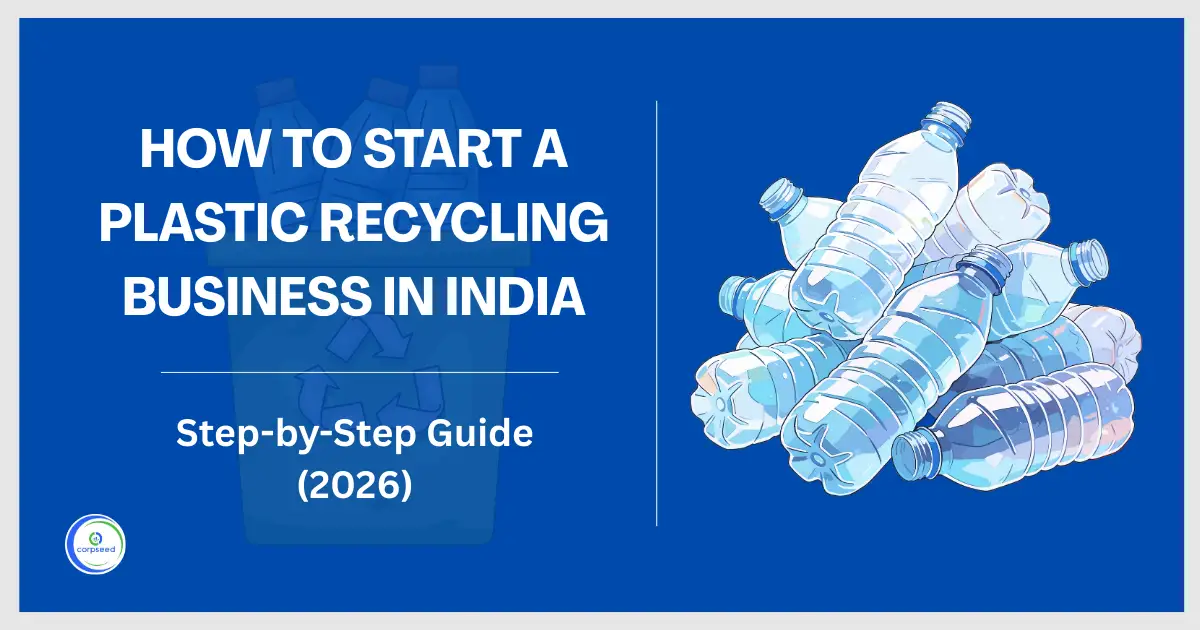
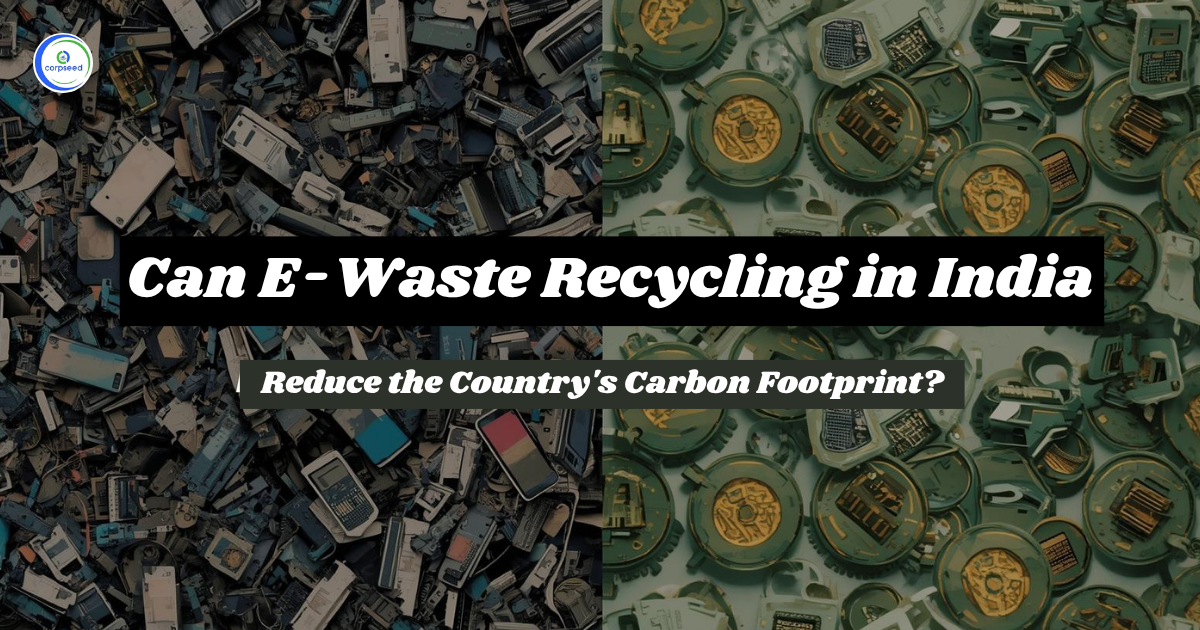
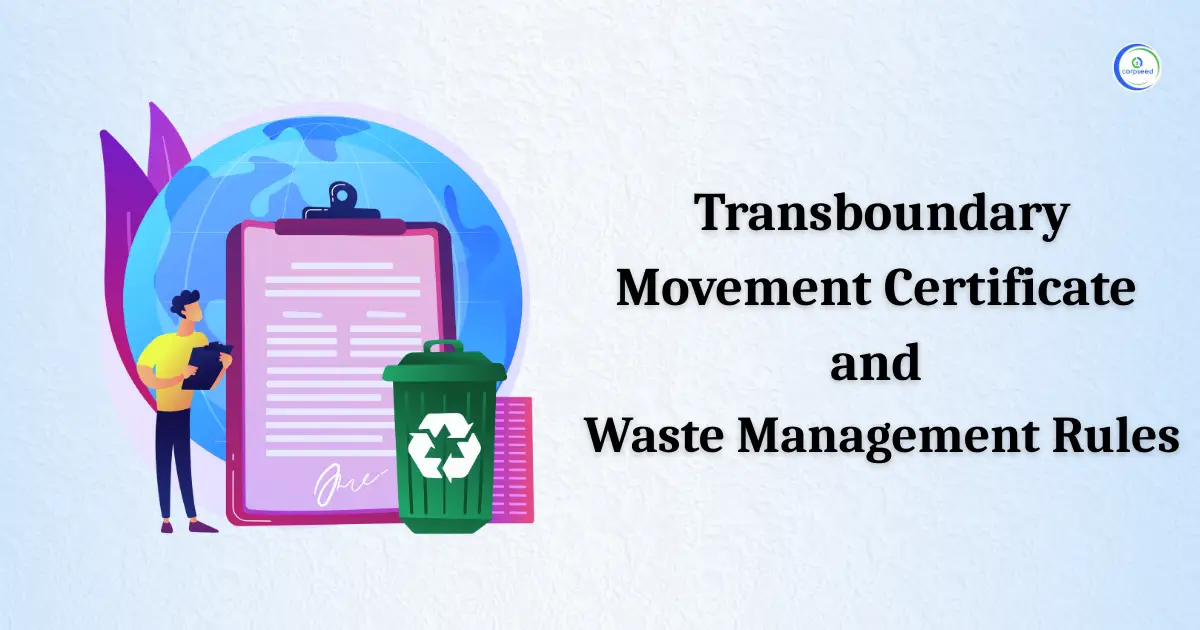
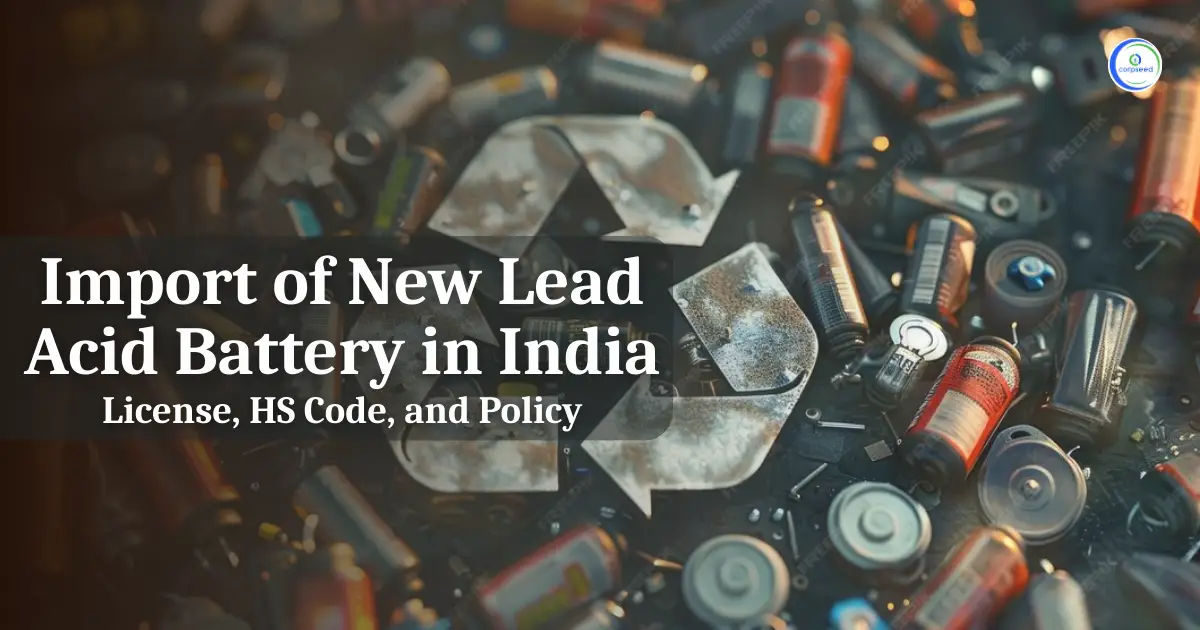

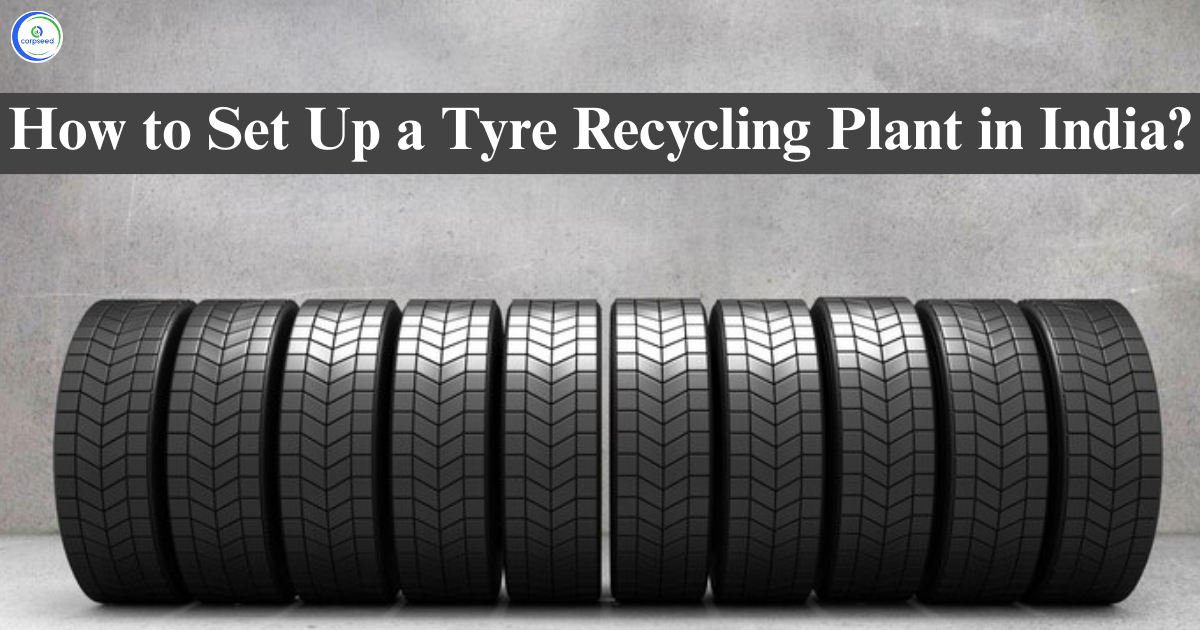
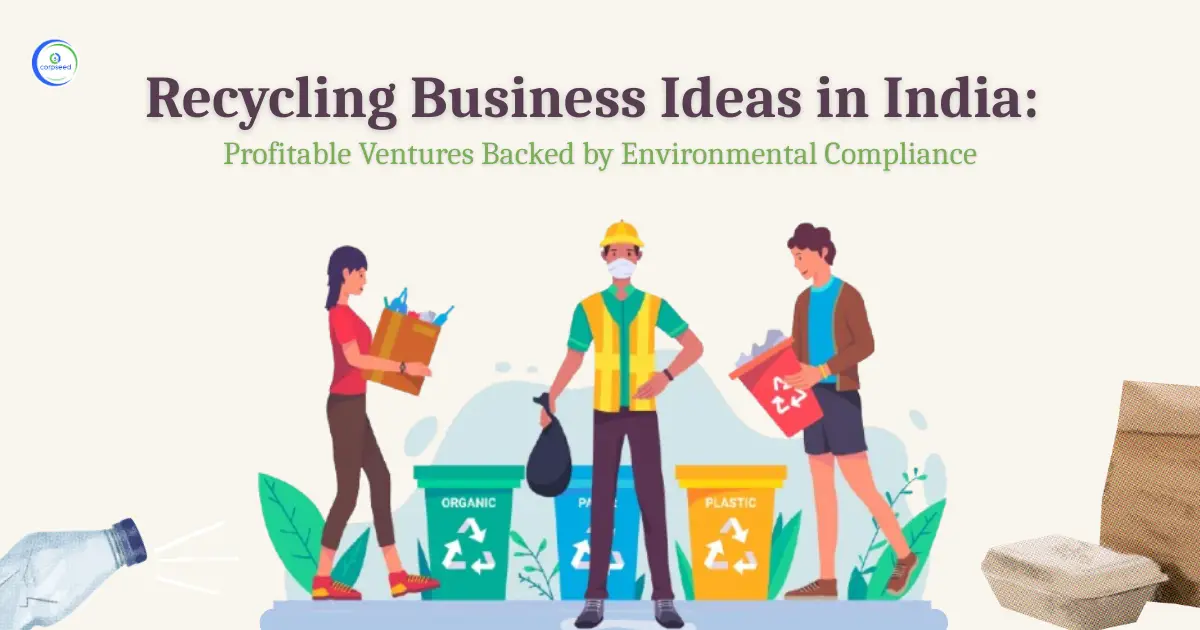
.webp)